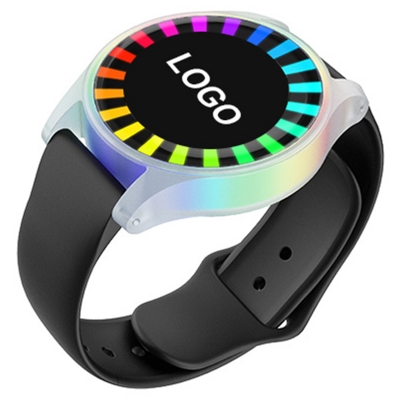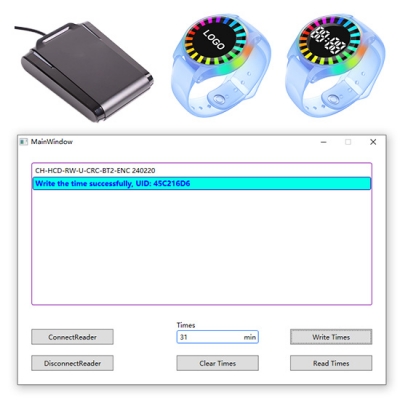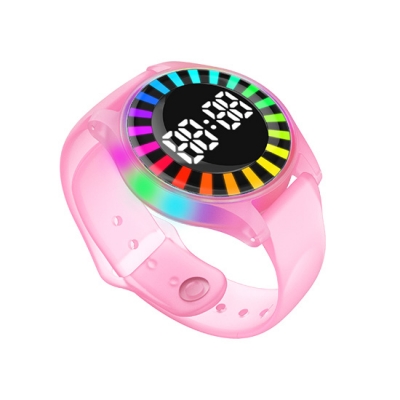
Benefits of RFID Book Tags
RFID Book Tags, comprised of a tag chip and an antenna, offer a promising solution for library management. When books equipped with RFID tags enter the vicinity of an RFID reader, the reader emits a radio frequency signal. The tag receives the signal and transmits the stored book-related information (such as title, author, call number, and location) to the reader. The reader then transfers this data to the library's management system for processing.● Improved Inventory Efficiency
With RFID Library Sticker, library staff can simply walk through the shelves with an RFID reader. The reader quickly identifies the tag information on the books and compares it with the library's collection data stored in the management system. This significantly enhances the speed and accuracy of inventory checks. What previously took days or even weeks to complete can now be accomplished within hours or days.
●Real-time Data Accuracy
By integrating RFID technology into library management, inventory data becomes more reliable and up to date. The system automatically updates when books are borrowed, returned, or reshelved, ensuring accurate and timely information. This eliminates the need for manual data entry and reduces the occurrence of human errors. Libraries can confidently rely on the RFID-powered system for precise inventory control.
●Streamlined Book Search
RFID Libraries Tags enable patrons to locate books quickly and efficiently. By utilizing the library's query terminals, users can search for books with RFID tags and instantly determine their exact shelf location. This saves valuable time for researchers, students, and other library visitors, allowing them to focus on their studies or research without unnecessary delays.
●Cost Savings and Resource Optimization
Implementing RFID tags For Library eliminates the need for extensive manual labor in inventory management. Libraries can redirect their human resources to more meaningful tasks, such as assisting patrons or expanding educational programs. Moreover, the reduction in errors and improved efficiency contribute to cost savings and optimize overall library operations.
In an era of technological advancement, RFID book tags have great potential to improve library inventory management. By automating the inventory process, libraries can achieve greater accuracy, greater efficiency, and a better customer experience.














